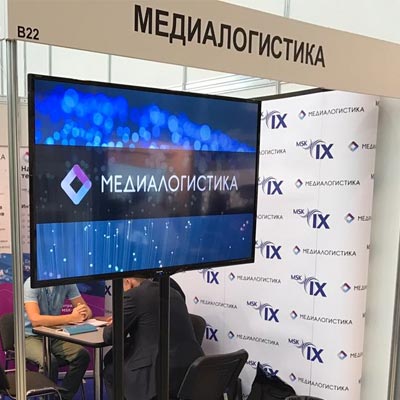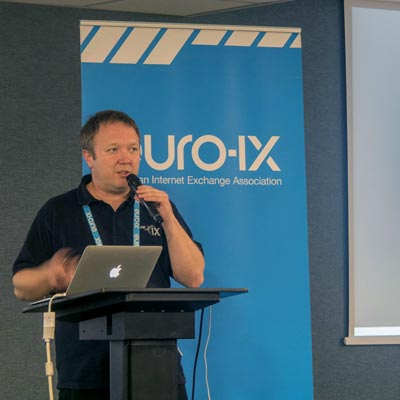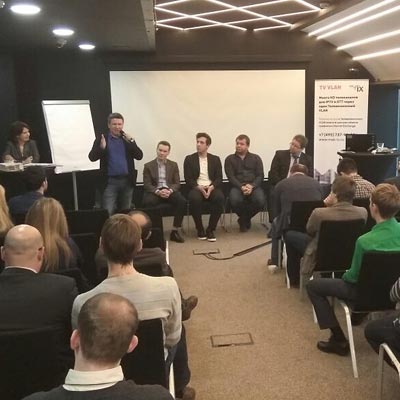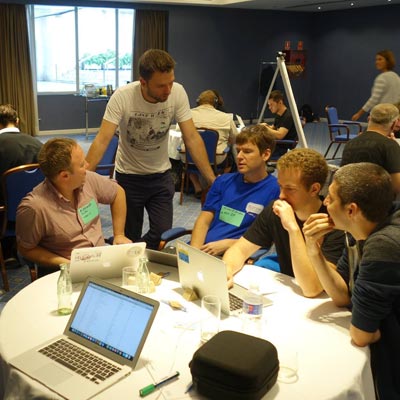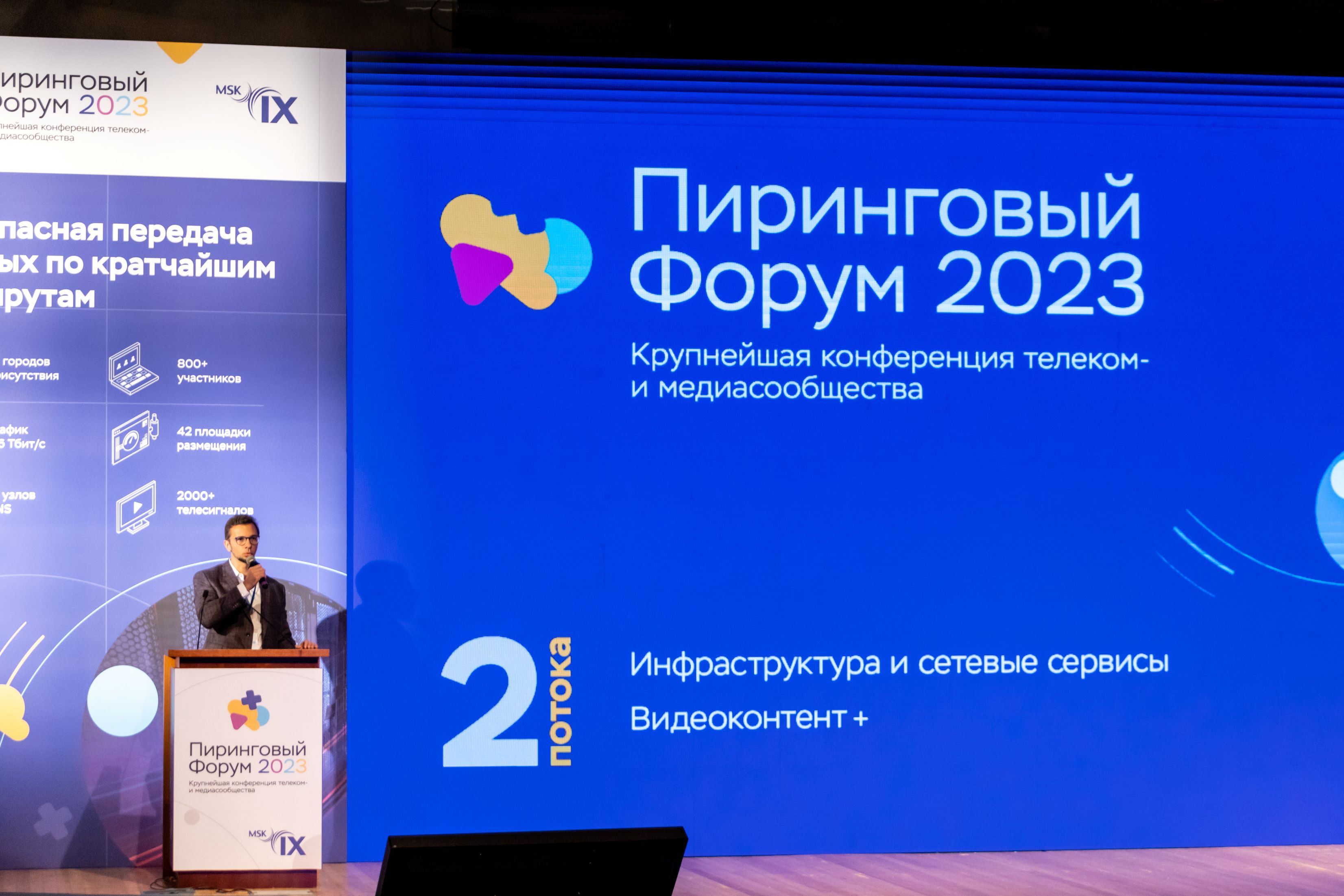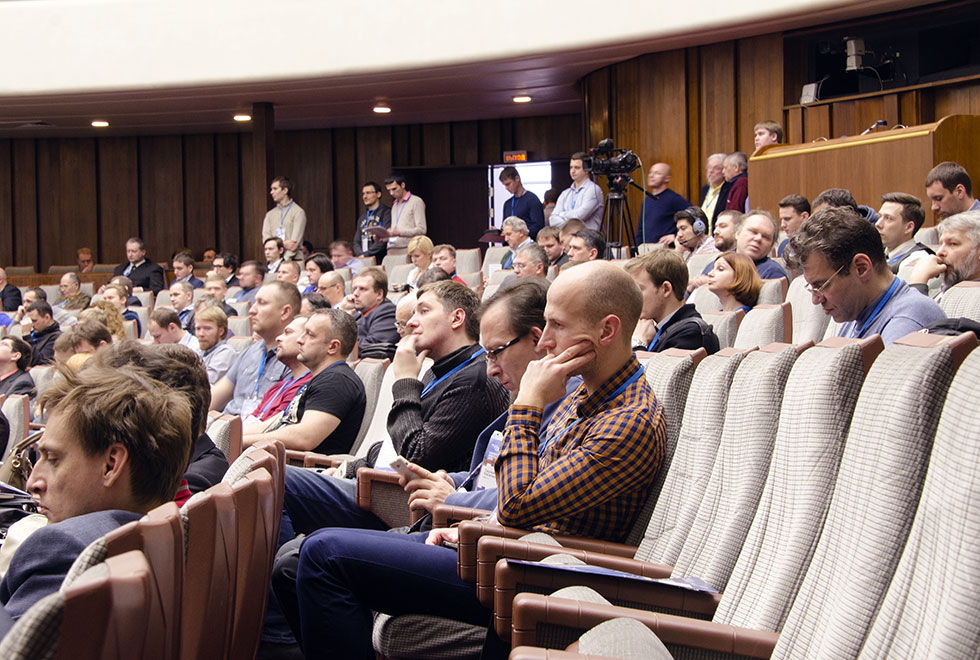Yevgeny Morozov: Business in Russia is done by people, not tariffs
Every year, the Russian IPv6 Day brings together software programmers and network infrastructure experts to discuss IPv6 introduction and exchange ideas. This time, the number of participants exceeded 200.
Opening the forum, MSK-IX Technical Director Alexander Ilyin urged the delegates to not just listen to reports and speeches by their colleagues but to actively engage in debates. The first to be discussed was a report by MSK-IX Regional Development Manager Konstantin Stepanov on the company's work in St. Petersburg and its plans for that region. "We constantly update our services in order to attract new traffic exchange participants and build up our presence in all regions. Today, MSK-IX is a leading platform for traffic exchange between networks. We maintain a distributed network of traffic exchange points. In Russia, our traffic exchange points are located in nine cities. Cooperation and partnership with MSK-IX enables us to quickly launch new sites and connect new traffic points not only in Moscow or St. Petersburg, but in other Russian cities as well," Mr. Stepanov said.
Maxim Burtikov, External Relations Officer for Eastern Europe and Central Asia at RIPE NCС, sees huge IPv6 growth potential in Russia. "Currently operating in Russia are 51 ‘five-star' local Internet registries (LIR), and there is enormous potential for growth," he noted. "Thus, 27 of these LIRs provide content using IPv6 and the rest provide IPv6-based Internet access for their clients. In addition, more than 50 percent of all autonomous systems in Russia advertize IPv6." The introduction of IPv6 depends on both regional and external factors, such as the development of the Internet of Things (IoT). With data protection concerns coming to the fore more and more often, IPv6 becomes a very useful cyber security tool, the expert said.
TCI representatives Pavel Khramtsov and Alexander Venedyukhin were more specific about IPv6's role in ensuring data protection. The threat of DNS-based attacks capable of targeting any network will, in their opinion, fuel demand for IPv6, spurring its development and expansion.
The follow-up roundtable, "The Development of Business under Modern Conditions. Telecom, Data Centers and OTT," focused on the quality of services, pricing matters, OTT traffic growth, and a greater emphasis on consumers as a key trend-setting factor. MSK-IX Sales Director Yevgeny Morozov spoke about different approaches to work with B2B and B2C clients in various countries. "We work with professional participants in the Russian telecom market and try to maintain direct contact with our clients. Business in Russia is done by people, not tariffs," he said. Taking part in the roundtable moderated by MSK-IX Development Director Sergei Kiselyov were Dmitry Petrov (Komfortel), Vladimir Kuznetsov (Teleum), Zharkin Tursynov (Smotreshka), Vyacheslav Volkov (Miran), Yevgeny Malinovsky (StekData), Nikolai Krasko (SPbTV), and Pavel Pozdnyakov (Inoventika).
The closing reports, "IPv6 in Local Networks – Possible Attacks and Protection" and "Protected Operator Networks," were delivered by Vasily Tomilin (Cisco) and Mikhail Rodionov (Fortinet), respectively.
This year's Russian IPv6 Day drew more than 200 experts in software solutions and network infrastructure, who cooperate in advancing IPv6.

